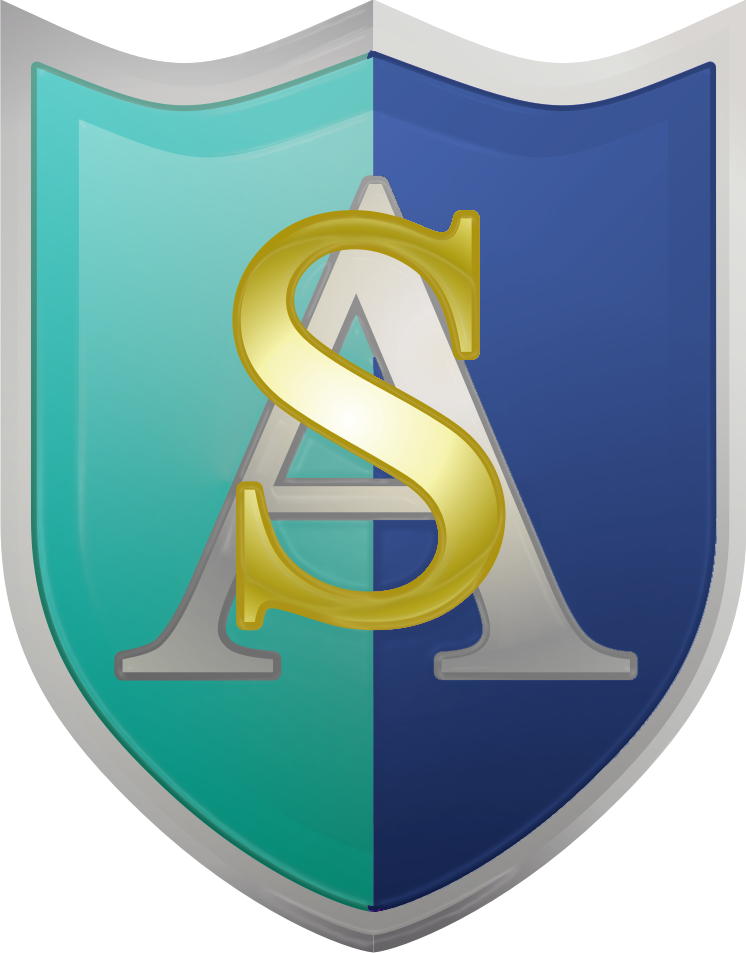Reading Offer
Reading is taught at St Ann’s using a wide variety of high-quality fiction, non-fiction and poetry texts. Core texts are carefully mapped out across the school to ensure there is progression between and within year groups. Core texts are used both to develop reading skills and as ‘drivers’ for writing units (details of the texts used in each year group can be found on the whole school ‘Reading Spine’). Each class reads at least six complete class novels across the year, studies at least six poems and is exposed to a range of non-fiction.
Phonics: Decoding and Fluency
All children start the Read Write Inc phonics programme from day 1 in EYFS (Reception). They continue to follow the RWI programme through Reception and KS1 until they have learnt the phonics code and can read decodable age appropriate texts fluently.
RWI interventions run in LKS2 for children who have not yet mastered the phonics code. These sessions are in addition to the children’s reading comprehension lessons to ensure children are developing both their fluency and reading comprehension skills.
RWI Fresh Start is used with children in UKS2 with SEND/ an identified additional need, who still need to develop their knowledge of the phonics code and develop their fluency. Fresh start texts are matched to children’s sound knowledge but the subject content of the books is more appropriate for older pupils, which helps to engage and motivate children to read.
Comprehension
Comprehension is taught across the whole school to ensure children are simultaneously learning how to read and to understand what they read. The development of comprehension skills starts in Reception where children complete ‘Talk through Stories’ sessions. These are completed verbally and allow children to talk about books that are read to them by an adult. Using texts beyond the children’s own reading abilities allows them to develop their comprehension skills and understanding of books more effectively than if just using the RWI decodable books alone.
In KS1 children begin to access whole class reading comprehension lessons. In Year 1, these sessions include both verbal and written sessions (written sessions are usually in English books at the start of the ‘reading to writing’ journey). As children move to Year 2, all comprehension lessons are recorded. The number of comprehension sessions taught in KS1 increases as children progress through the key stage.
In KS2 children complete four whole class reading sessions a week. During reading comprehension lessons children study the class novel, additional fiction extracts or a poem, and a non-fiction extract. Reading comprehension lessons are designed to not only develop comprehension skills but also to aid the children’s reading fluency development. This is done using a range of the following reading techniques: Teacher modelling reading (so children hear an ‘expert’ model how to read); Echo reading (children listen to the teacher model and ‘echo’ back); Peer to peer partnered reading (either of a new section of text or re-reading a section previously modelled by the teacher); Reader’s Theatre (New initiative to be introduced in September 2024). Comprehension lessons are designed so children have the opportunity to read a variety of texts, answer questions from all the reading content domains, as well as meeting the objectives as set out in the 2014 National Curriculum for Reading.
St Ann’s has also participated in the Shine ‘Are You Really Reading?’ project. This project is a teaching tool and set of resources aimed at improving pupils’ standards in reading and comprehension skills. There are 5 strands in the project, including: Impression – evidence; Timeline - used to summarise and order events from a text; Hashtag - used to summarise what has been read; Emoji - used to infer character feelings; Five most important things - used to generate rich book talk about a text. The five ‘Are You Really Reading?’ strands are woven through reading lessons across the week allowing children to develop their reading for meaning skills and to explore texts at a deeper level.
Home-School Readers
Children who are still developing the phonics code take home the RWI books which match their phonics knowledge. Each pupil takes home two books: One which has been read in school to allow for re-reading of texts, in order to develop fluency; One unseen ‘Book Bag Book’ which allows children to apply their phonics knowledge to an unseen text.
Once children have competed the RWI phonics programme, they are benchmarked using the PM Benchmarking programme. Books are then sent home which match the children’s benchmark level. Once children have become fluent and confident readers, they become ‘Free-Readers’ and are able to select books from the class library, which is stocked with carefully selected age appropriate books. Staff support pupils in the process of selecting ‘free-reader’ books.
All children also take home a ‘Sharing Book’ to share with their families. As a school we know that reading and being read to is one of the key indicators for future success and we want to promote a love of reading in all our pupils. The ‘Sharing Book’ a child takes home, may be beyond a pupil’s reading ability but has the aim of generating a love and interest in reading amongst our children and to create special reading moments amongst family members. These books are designed to be read to children rather than by them.
Supporting our Lowest 20% of Readers
For our lower attaining readers, we have a number of strategies in place to support them in making good progress in both reading fluency and comprehension. Interventions used are planned based on the pupil’s individual needs (e.g. Do they have gaps in their knowledge of the phonics code? Do they have a barrier when it comes to processing or understanding what they have read? Is their reading speed making it difficult for them to read texts within an appropriate time frame?) Some of the interventions and strategies used to help our lower attaining readers include:
- RWI Fast Track Tutoring (EYFS and KS1)
- RWI Speedy Green and Fluency Sessions (EYFS, KS1 and Year 3)
- RWI Phonics Sessions (LKS2)
- RWI Fresh Start (UKS2)
- Reading Plus (UKS2)
- PreRead (Children read the text before the reading lesson so they are re-reading it during the WCR lesson).
- Preteach vocabulary (Children are taught the meaning of new words in context)
- Access Strategies within reading lessons (e.g. highlighting sections of the text needed to find certain answers)
- Provision specific to pupil's individual needs (e.g. Coloured overlays/ double spaced text etc)
- Daily Reading to a member of staff.

